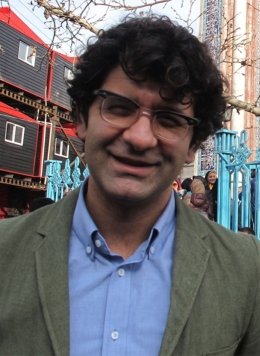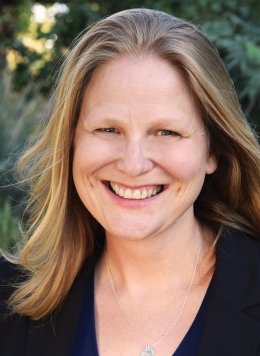Political Studies
Our Political Studies program explores the intricate political landscape of the United States, the vibrant contributions of its communities, the workings of political systems, and much more

About This Program
- Explore the four sub-fields of Political Studies:
- Political Philosophy: Engage in concepts including authority, law, freedom, rights, equality, justice, and the state.
- Comparative Politics: Compare the domestic politics and policies of the U.S. and other countries around the world.
- Global Politics: Examine the relationships between nation-states and the forces that give shape to the global political system.
- U.S. Politics: Dive deep into U.S. politics and public policy and the power and influence of communities such as African American, Asian American, and Latino politics.
- Your coursework is designed to examine political powers, interests, institutions, choices, values, and the process of governing.









